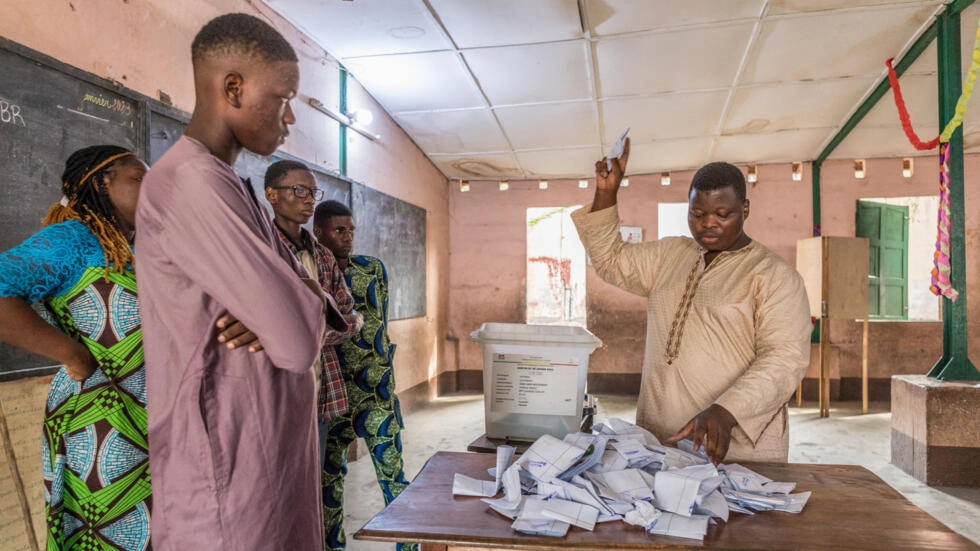On January 8, voters in Benin headed to the polls for a parliamentary election which marked the country’s first real test of democracy since the COVID-19 pandemic. Opposition parties appeared on the ballot for the elections after most candidates had previously boycotted or been excluded from previous presidential and legislative votes.
The vote was significant as the two parties already in power the Union Progressiste le Renouveau and the Bloc Republicain – came first and second with 37.56% and 29.17% of the vote respectively, the provisional results showed. Significantly, the Democrates party linked President Patrice Talon’s predecessor and rival Thomas Boni Yayi came third with 24.02%. Although none of the remaining four parties competing for the 109 seats gathered enough votes to meet the 10% threshold for parliamentary representation.
Benin’s President, Patrice Talon was elected president of Benin in 2016, at the time Benin was considered one of West Africa’s strongest democracies and Talon had run on a pledge to serve just one year term. Whether Talon had ever truly intended to respect his one-term promise is unclear, but it is noticeable that over the course of his presidency, he has managed to concentrate a significant amount of power. Just look at Benin’s presidential election in 2021 when Talon effectively barred all serious competitors which led to an estimated 26 per cent voter turnout.
Whilst many have praised Benin’s latest elections as opposition candidates were authorised to stand, the real story is that only seven political parties, including three allied with the opposition, were authorised to take part in the election. The reality is that the majority of Talon’s main opponents are either in prison or in exile and that this election is not as “democratic” as Talon is trying to convince the international media.
Benin’s autocratic turn is a notable example of a broader trend of democratic backsliding in West Africa, where coups have recently taken place in Mali, Burkina Faso and Guinea. But considering that Benin was once a model of democratic transition in West Africa following its transition away from Marxism-Leninism after the collapse of the Soviet Union, its reputation has been severely diminished. Over the years, Talon has intimidated and banned the opposition, politicised the country’s judiciary and limited the media.
Benin’s latest elections are a major sign balance of power in Benin ahead of the 2026 election. The election will impact the future of Benin, considering that the mandate of the Constitutional Court is set to expire this year, just three years before the 2026 presidential ballot making the court’s composition crucial ahead of the 2026 elections.
Image Credit: Yanick Folly, AFP





